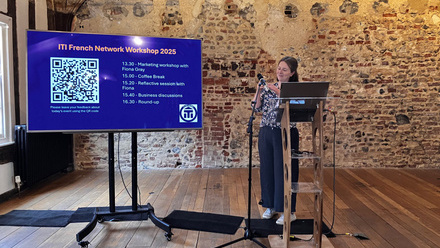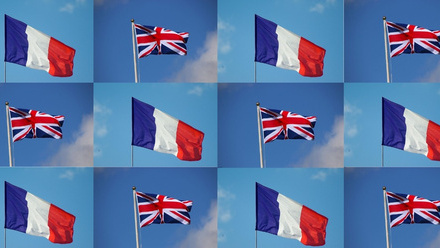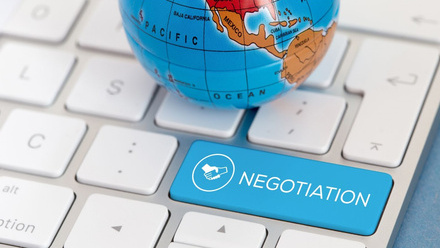Gold medal communication
Members of the ITI Sports Network share their experiences of being part of the greatest sporting event on the planet and the crucial role translators and interpreters play.
Over the years, many members of the ITI Sports Network have had the immense privilege of working on content related to the Summer and Winter Olympic Games both as volunteers and professionals.
There is always a huge amount of translation and interpreting work for sporting events of this magnitude: web copy for the official event site, partner sites, preparation centre sites, etc.; official documents (contracts, terms and conditions, etc.); doping forms; pre- and post-event reports; and press conferences and interviews with athletes, coaches, spectators and officials from the delegations of competing countries.
Hundreds of thousands of people are involved in the Olympics from all over the world – spectators, volunteers, athletes, coaches, officials, referees and judges, journalists, media teams, venue staff and interpreters, to name but a few – and this global sporting spectacle simply wouldn’t be possible without translation and interpreting.
So we are delighted to share some Sports Network members’ experiences of working on previous Olympic Games and to highlight the crucial role that translators and interpreters play in major sporting events and the sports industry in general. We hope their experiences will also inspire anyone considering sports translation as a specialism.
Bridging languages and cultures
Working as lead fixer for BBC Sport at the Rio 2016 Olympics was an incredibly intense, rewarding and memorable experience. A fixer’s job for a foreign broadcasting operation entails resolving any local issues that emerge for the broadcaster and proactively planning actions to ensure as few of those problems arise in the first place.
Language skills and local knowledge are essential for this type of role, since interacting with locals is the core function. On previous fixer jobs, my work had involved travelling with itinerant commentary teams, ensuring smooth airport check-ins, setting up interviews or film shoots, contacting authorities for film permits, and simply translating at restaurants so everyone is served the meal they want.
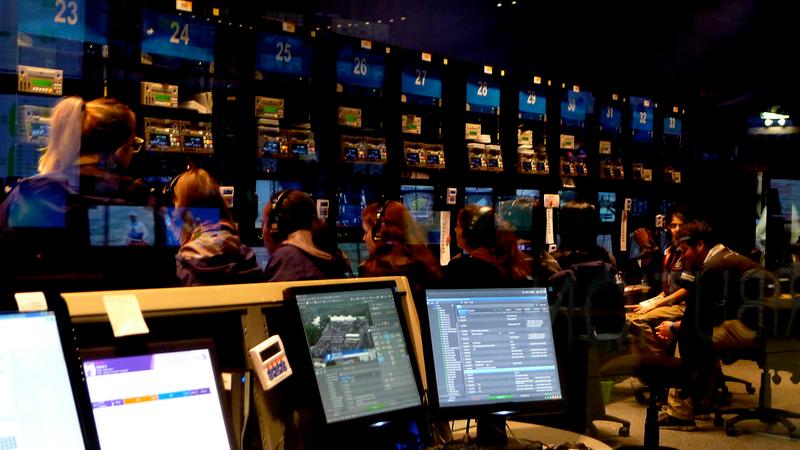
At the 2016 Olympics, after helping with all the preparation and set up of the studio and other locations in Rio, I was asked to perform a specific logistics coordination function, working alongside the production team at the IBC (International Broadcast Centre). This is where the key language barrier lay, between the production team and the local (non-English speaking) drivers, who needed to be given precise instructions to transport the various crews according to a schedule that would change at a moment’s notice depending on the stories emerging at the various event venues all over the city.
And, of course, the barrier was not only linguistic, but also cultural: the expectations and customs of the British production team were quite far removed from (most of) the carioca drivers’ ideas of how their work day should look! So, the real challenge was to bridge that cultural gap, to keep the whole team on side to ensure a smooth operation. As a huge sports fan and passionate linguist, being involved in the Olympics in this working capacity was the most amazing experience. It’s a huge and unique event and all the long hours, hard work, quick translations and delicate liaisons were well worth it!
Ben Kohn
From Sochi to Paris
I will be working on the Olympic football tournament in Paris, but my first experience of the Olympics came when I was asked to provide translation, transcription and proofreading services for an agency covering the Winter Games in Sochi in 2014.
For a UK-based sports specialist, covering a Winter Olympics is a tricky assignment, not least because it features a host of sports that are habitually overlooked in this country. Over the course of the Games, I was asked to transcribe interviews on events including curling, speed skating, biathlon and skeleton.
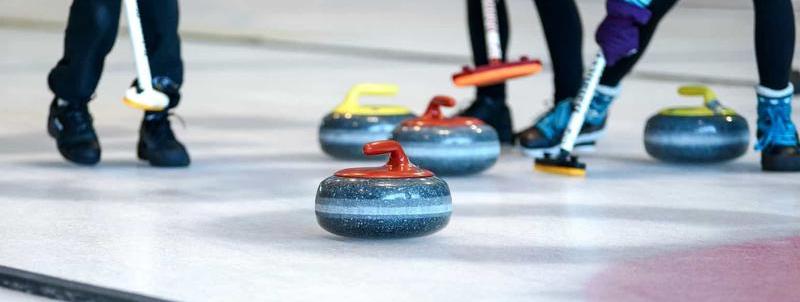
As a Scot, I know a bit about curling – Scotland is considered a world power in the sport and it gets regular column inches in the Scottish press. However, the rest of these disciplines only get any real media coverage in the UK once every four years, which meant I didn’t have the background knowledge I rely on for my regular football and motorsport work. That meant taking crash courses on the job, watching as much of the action as I could to pick up relevant terminology. Of course, this is exactly the kind of research I love to do, and I found myself getting very involved in sports I wouldn’t normally get the chance to watch.
I’d thoroughly recommend working on the Olympics to anyone interested in sports translation. You will be providing a crucial service for fans all over the world: they can’t get the latest news and interviews in their own languages, so they rely on professional linguists to get them close to the action.
Working on major sporting events gives you an insight into the sports industry you just can’t get any other way. And you might just discover a passion for a sport you never knew existed.
Daniel Williams
Bringing Games to local fans
I have been lucky enough to be involved in several Olympic Games, both winter and summer, translating from English and French into German.
In the run up to the Youth Olympic Games 2020 in Lausanne and the Olympic Games 2020 (held 2021) in Tokyo I was translating content for the official fan apps, for fan newsletters and emails, sweepstakes, as well as newsletters from the organising bodies.
During the 2020 Youth Olympic Games, I was also translating competition reports for several events. These included quotes from the medallists and it was an honour to bring the emotion and enthusiasm of the competitors to the German-speaking audience. I was also involved in the 2022 Winter Olympics in Beijing, translating competition reports and race stories for the biathlon events.
The competition-related work in particular was extremely time-sensitive, requiring working late hours and weekends. But while the schedule was demanding, it was also a pleasure to be a part of the Olympic movement.
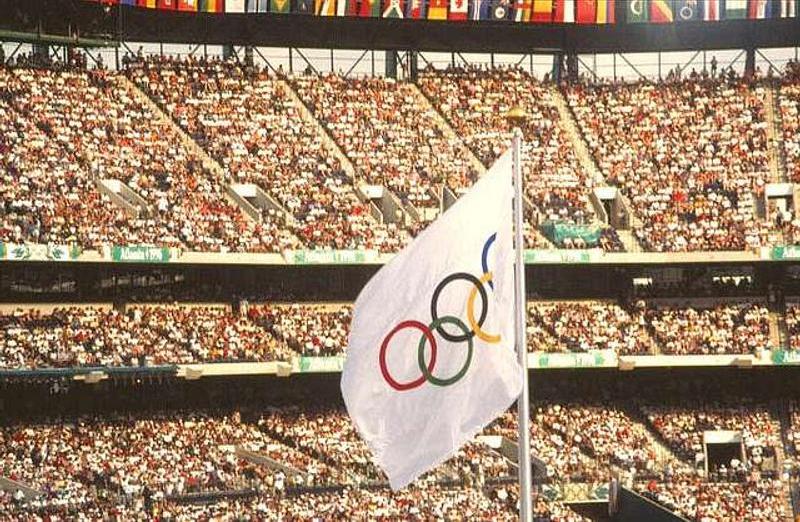
Without this type of work, which was being replicated by dozens of translators working in numerous language pairs, audiences would miss out on vital parts of the emotion and action of the Olympic Games. Translation helps the organisers to connect with the fans and vice versa, ensuring an outstanding sporting experience. And it also contributes to the understanding between people, which is, after all, what the Olympic Games are all about.
Robert Paulig
Diving into Rio
I was lucky enough to volunteer as an interpreter at the 2016 Olympics in Rio de Janeiro while I was still studying for my bachelor’s degree in Modern Languages. I was part of the Language Services Department in the Aquatics Centre and it was my job to interpret for athletes and journalists between French, Spanish, Portuguese and English as soon as they came out of the pool at the end of a race.
However, that wasn’t my only language-related role, I also fulfilled other duties when I wasn’t interpreting, such as showing spectators to their seats and helping in the media centre.
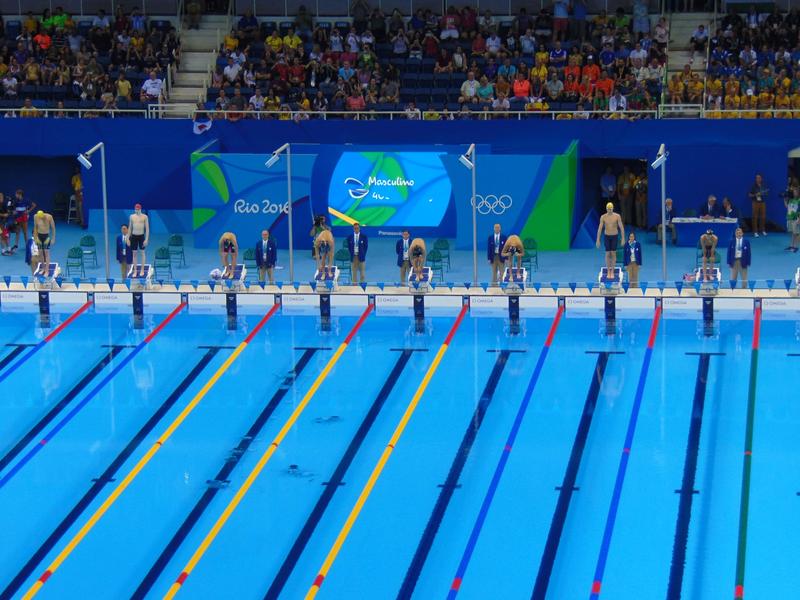
I got an awful lot out of this experience, as I was constantly using my language skills and acquiring sporting vocabulary in all my working languages along the way. Likewise, by acting as a sort of linguistic mediator between athletes and journalists and helping spectators who spoke multiple languages, I helped to break down language barriers and facilitate dialogue throughout my shifts.
I stayed with a Brazilian family during my time in Rio Janeiro, fully immersing myself in the local language and culture through family life. So, when I first started looking for work as a professional sports translator in 2019, I was able to highlight this highly rewarding and enjoyable experience on my CV, and it really helped me get my foot in the door with many of my existing sports clients. I would highly recommend any budding sports translators to volunteer at the next games.
Jae Marple
Next steps
If you are a translator or interpreter who is interested in exploring sports translation as a specialism, find out more about the ITI Sports Network. They are a specialist network supporting sports translators and interpreters. They also welcome professional linguists who do not specialise specifically in sports, but who are interested in sports in general.
The Sports Network are running a webinar, Everything you need to know about sports translation and interpreting on 18 September 2024.
If you are looking for a translator or interpreter to assist with sports translation, there are many professional ITI members who might fit the bill. You can search for a translator in the ITI Directory, adding the keyword ‘Sport’ to the filter, alongside your chosen languages.



